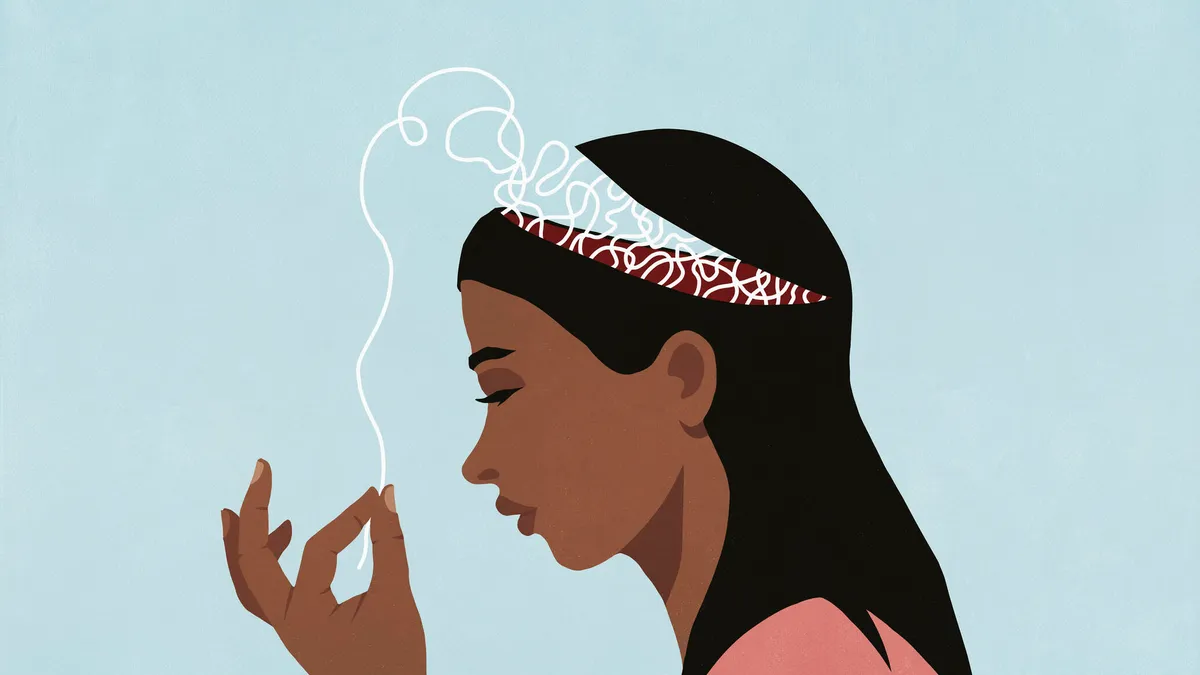Ever wondered why you feel the way you do? Or why you react a certain way to specific situations? Chances are, your thoughts play a bigger role than you might think. This is where Cognitive Behavioral Therapy (CBT) comes in. But “What Theory is Cognitive Behavioral Therapy Based On?” Let’s dive into the fascinating world of CBT and uncover the foundational theory that makes it so effective.
The Mind is a Garden: Nurture Your Thoughts
CBT is like a gardener tending to a mind. It’s based on the idea that our thoughts, feelings, and behaviors are interconnected, like a garden where our thoughts are the seeds. Just as a gardener cultivates healthy plants by removing weeds and providing nourishment, CBT helps you identify and change negative thought patterns to foster emotional well-being.
The Theoretical Foundation: Cognitive Theory
The theory behind CBT primarily revolves around cognitive theory. Cognitive theory was developed by Aaron Beck in the 1960s. He noticed that his patients had an internal dialogue filled with negative thoughts, which significantly impacted their emotions and behaviors. Beck proposed that these automatic negative thoughts (ANTs) were at the core of psychological problems.
Key Components of Cognitive Theory

- Schemas: Schemas are core beliefs or mental structures that help us organize and interpret information. They influence how we perceive the world and react to it. For example, if someone has a schema that they are unlovable, they might interpret a friend’s cancelation of plans as a sign that they don’t care about them.
- Automatic Thoughts: These are quick, often unconscious thoughts that occur in response to a situation. They can be positive or negative, but in the case of mental health issues, negative automatic thoughts are more common. For instance, if you make a mistake at work, an automatic thought might be, “I’m such an idiot.”
- Cognitive Distortions: These are irrational thought patterns that can reinforce negative thinking and emotions. Common cognitive distortions include black-and-white thinking, overgeneralization, and catastrophizing. For example, after failing a test, someone might think, “I’ll never be successful at anything.”
The Behavioral Component: Behavioral Theory
While cognitive theory focuses on thoughts and beliefs, the behavioral component of CBT is grounded in behavioral theory. Behavioral theory is rooted in the work of psychologists like B.F. Skinner and Ivan Pavlov who studied how behaviors are learned and reinforced.
Key Concepts of Behavioral Theory
- Classical Conditioning: This concept, introduced by Pavlov, involves learning through association. It explains how a neutral stimulus can become associated with a response. For example, if a person has a panic attack in a crowded place, they might start to associate crowds with anxiety.
- Operant Conditioning: Skinner’s work on operant conditioning shows how behaviors can be shaped by rewards and punishments. Positive reinforcement (rewards) can encourage a behavior, while negative reinforcement (removing an unpleasant stimulus) can also strengthen behavior. Punishment, on the other hand, aims to reduce behavior.
- Modeling: This involves learning through observation. Seeing someone else successfully manage a situation can encourage similar behavior in the observer. For instance, watching a friend calmly handle a stressful situation can help you learn to manage your stress better.
How CBT Combines Cognitive and Behavioral Theories
CBT is unique in that it merges cognitive and behavioral theories into a comprehensive therapeutic approach. It recognizes that while changing thoughts (cognitive) is essential, it’s equally important to change behaviors (behavioral) to achieve lasting improvement.
The CBT Process
- Assessment: The therapist works with the client to identify specific problems and set goals for therapy. This might involve discussing the client’s history, current issues, and what they hope to achieve.
- Identifying Negative Thoughts: The therapist helps the client identify negative automatic thoughts and cognitive distortions. This often involves keeping a thought diary to track thoughts and feelings in various situations.
- Challenging Negative Thoughts: Once negative thoughts are identified, the therapist and client work together to challenge and reframe them. This might involve questioning the evidence for a thought, considering alternative perspectives, and testing the reality of the thought.
- Behavioral Experiments: To address the behavioral component, clients engage in activities that challenge their negative beliefs and promote positive behavior. This could involve exposure exercises for someone with phobias or practicing social skills for someone with social anxiety.
- Homework: CBT often involves homework assignments that allow clients to practice what they’ve learned in therapy in real-life situations. This reinforces new thought patterns and behaviors.
Learn more about “What is the Difference Between Psychotherapy and Cognitive Behavioral Therapy?” by visiting our blog page today!
The Effectiveness of CBT
CBT’s combination of cognitive and behavioral strategies makes it a powerful tool for treating various mental health conditions. Research has shown that CBT is highly effective in treating disorders such as:
- Anxiety Disorders: CBT helps individuals understand and manage the thoughts and behaviors that contribute to their anxiety. Techniques like exposure therapy are particularly effective for phobias and PTSD.
- Depression: By challenging negative thought patterns and promoting positive behaviors, CBT can help alleviate symptoms of depression.
- Obsessive-Compulsive Disorder (OCD): CBT techniques such as exposure and response prevention (ERP) help individuals with OCD face their fears and reduce compulsive behaviors.
- Eating Disorders: CBT helps individuals address distorted thinking about food and body image, promoting healthier eating behaviors.
- Substance Abuse: CBT can assist in identifying and changing thought patterns and behaviors that lead to substance use, as well as developing coping strategies for dealing with triggers.
At Elysian Psychological Services, our experts provide Arlington Behavior Therapy that is suited for your mental health needs. Give us a call today to get started on your mental health journey!
Why CBT Works
The effectiveness of CBT lies in its structured, goal-oriented approach. Here are some reasons why CBT is so successful:
- Empowerment: CBT empowers individuals by teaching them skills they can use for the rest of their lives. This self-help aspect makes it a sustainable form of therapy.
- Evidence-Based: Numerous studies support the efficacy of CBT, making it a preferred choice for many therapists and clients alike.
- Flexibility: CBT can be adapted to treat a wide range of issues and can be delivered in individual, group, or even online settings.
- Collaborative Nature: CBT involves a collaborative relationship between the therapist and client, fostering a sense of partnership and mutual effort.

Conclusion
So, there you have it! Cognitive Behavioral Therapy is grounded in the rich theories of cognitive and behavioral psychology. By addressing both thoughts and behaviors, CBT provides a comprehensive approach to mental health treatment that has helped countless individuals lead happier, healthier lives. Whether you’re dealing with anxiety, depression, or any other mental health issue, understanding the theory behind CBT can give you insight into how this powerful therapy works and why it’s so effective. If you’re considering therapy, CBT might just be the key to unlocking a brighter future for you. Ready to experience the transformative power of Cognitive Behavioral Therapy? At Elysian Psychological Services, our expert therapists can guide you through understanding and changing the thoughts and behaviors holding you back. Dive into the world of CBT with us and see how it can improve your mental health. Contact us today to schedule your first session and start your journey toward a better you. Your brighter, healthier future awaits at Elysian Psychological Services!


